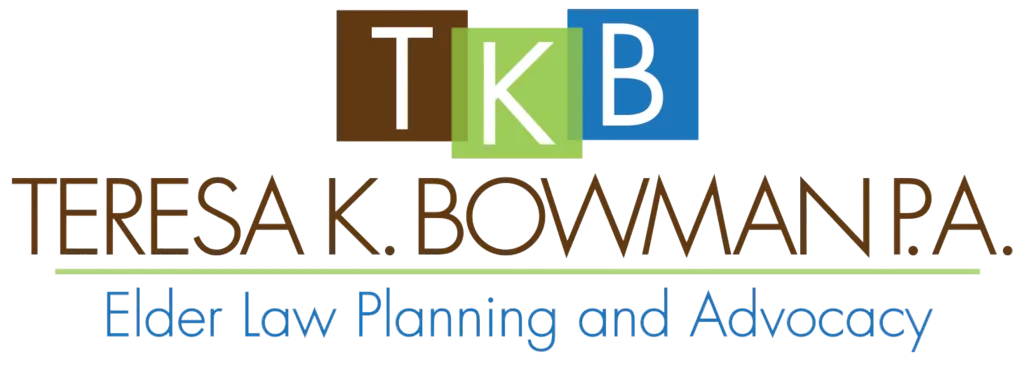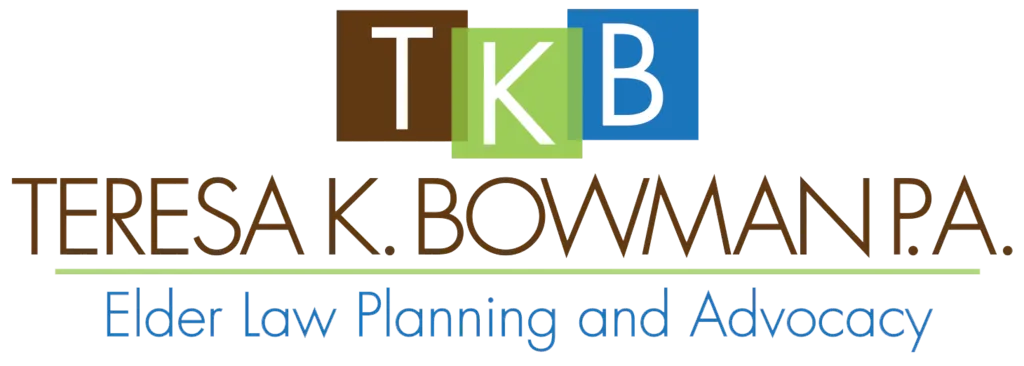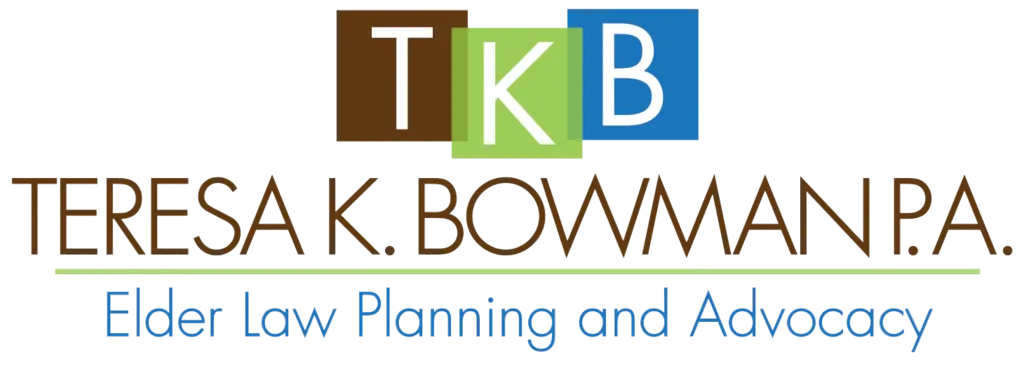
Medicaid Eligibility Requirements for 2024
- posted: Feb. 23, 2024
Medicaid Eligibility Requirements for 2024
Every year around January, new federal guidelines are released by the Centers for Medicare and
Medicaid Services (CMS). The following are new numbers as it applies to those applying for Medicaid.
Income Eligibility
In 2024 Medicaid requires the applicant to be below $2,000 in countable assets and the community
spouse, if the applicant is married, (referred to as the well spouse) must have less than $154,140 in
countable assets.
Countable vs Non-countable Assets for Medicaid Guidelines
What is important is to distinguish is what is countable and what is not countable in determining those
numbers.
Non countable Assets: Excluded assets are homestead property, prepaid burial plans, personal
property (including a personal vehicle) and IRAs (if a monthly distribution is taken and used toward the
cost of care), rental property, jointly owned property and Countable Assets: Checking and savings accounts, CDs, investment and brokerage accounts, certain annuities, cash value in life insurance policies, and any real, non-homestead, non-rented property.
There are also income restrictions that impact Medicaid. The applicant’s gross income must be below $2,829 per month to qualify. This number, called the income cap, is the maximum amount of income the applicant can have to meet eligibility. If over, the applicant will need a qualified income trust to qualify. This trust can be established by the applicant, the applicant’s spouse, or an agent under power of attorney, if specific authority is given in the document. The income of the spouse is not a factor, unless the spouse earns less than $2,465 per month in gross
income, in which case they will be awarded a portion of the applicant’s income in order to meet the
minimum standards established for the maintenance of the well spouse. These numbers, called the
spousal impoverishment numbers, allow the well spouse to keep enough money to maintain their
homestead property, and in some cases, spouses are awarded all the applicant’s income if they can
show need.
Many clients don’t think they or their spouse can qualify for Medicaid but may indeed qualify,
depending on the nature of their assets. Knowing the rules, understanding the specifics and how they
apply to each client is the job of the elder law attorney and your best option for getting information
about long term care under the Medicaid program as it applies to your unique situation.
Please contact Florida elder law attorney Teressa Bowman if you would like assistance with Medicaid eligibility or appealing an unfavorable Medicaid decision.



